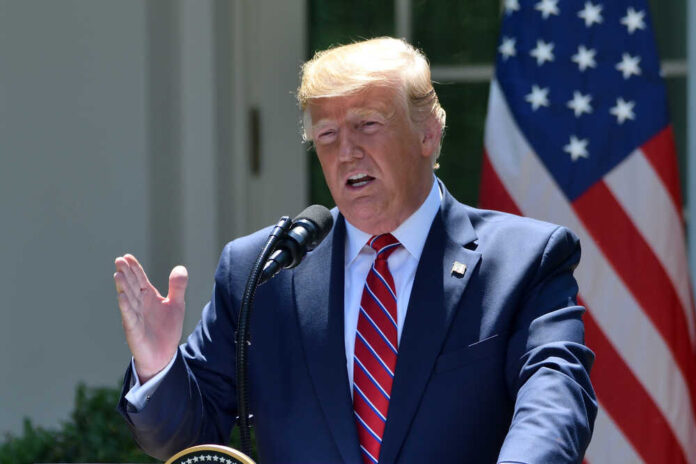As the first day of Trump’s New York civil fraud trial ended on Monday, the judge presiding over the case shot down Trump’s claim to reporters that he had suddenly done a 180-degree turn on the statute of limitations issue.
New York State Supreme Court Justice Arthur Engoron stated that he found Trump committed fraud every time he submitted a false statement of financial condition (SFC) to insurers and banks in his ruling ordering the dissolution of several of Trump’s businesses.
This was done at the outset of proceedings on Tuesday, with Justice Engoron pointing out the falsity of Trump’s statements.
Trump’s attorneys argued that the time the loan “closed” was the most critical part of the case, but Engoron rejected this in court. He said that the loan’s “closure” is irrelevant. For the corporation, “any use of a false statement of financial position starts the statute of limitations running again,” Engoron stated on Tuesday morning. He said that he knows Trump’s lawyers “seriously” disagree with his position and that they will undoubtedly appeal the ruling.
The statute of limitations is reset whenever a “false statement of financial status” is used in a commercial transaction, Engoron said.
Despite an appellate court’s warning that only activities that occurred three years later fell inside the applicable state of limitations, the judge had just finished examining Donald Bender, a former accountant for Trump’s businesses whose examination mainly depended on records from 2011.
Later that day, Engoron ruled that Bender’s evidence would be irrelevant unless it pertained to events in 2014 or later. However, Engoron’s verdict that found Trump guilty of fraud included reference to events that occurred after 2014 and determined that the crucial question is when such events were “completed.”
Trump “still expected to, and did, annually submit current SFCs to comply with the conditions of the loan agreements.”














